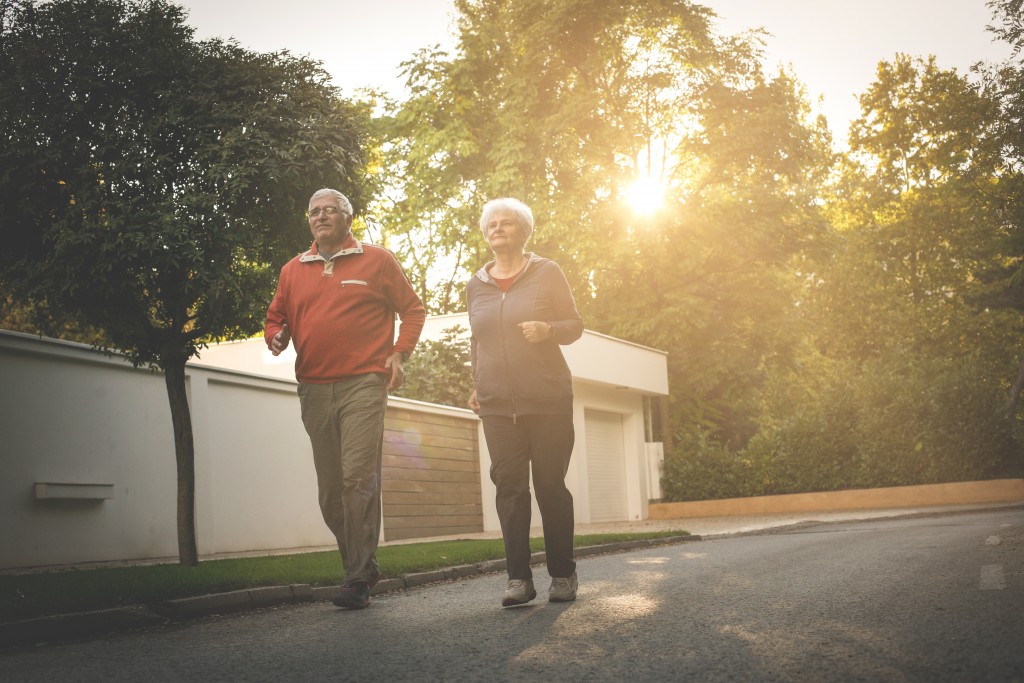Being old does not mean being sedentary. Engage your seniors with hobbies that benefit their mental health and overall well-being. Some hobbies can help stimulate their brain and boost their self-worth. On top of that, your seniors will also enjoy doing them as their pastime.
Whether your senior family member lives with you, is independent, or is in an assisted-living home, here are some activities that are beneficial for their mental health:
1. Arts and Crafts
Arts and crafts are a great way to stimulate the imagination of your senior family member. It also helps maintain the nimbleness of the hands and fingers. They can create items for themselves, friends, and family. It can be as simple as handcrafted greeting cards, photo frames, and even bookmarks.
Other things that they can create include paper flowers, suncatchers, pressed flowers, beaded bracelets and necklaces, pillowcases, book covers, and memory quilts. They can even do holiday crafts such as felt ornaments, candleholders, and wreaths. Who knows, they might even make some good money out of their craft projects.
2. Gardening
Gardening is an excellent activity for your elders. It is fulfilling and has loads of health benefits for your beloved senior. Watching their seedlings grow and bear fruits and flowers can be beneficial for their mental health. It brings a sense of fulfillment and pride to the plant parent.
Gardening helps lower stress and reduce the risks of high blood pressure by lowering their levels of cortisol. It also increases a person’s level of serotonin, which helps boost the mood and lowers the risk of depression and anxiety. It increases their mobility and gives them exercise, which can help reduce their chances of stroke.
When you let your elders get down and dirty in the garden, you also have to ensure their safety. Switch from traditional tools to lightweight ones that will make the activity easier and less stressful for them. Protect them from the harsh rays of the sun by letting them wear sunscreen, as well as a bucket hat.
Make sure that they have a bottle of water nearby to keep them hydrated. Lastly, have chairs nearby so that when they feel tired, they can have a place to sit down and relax.
3. Dancing
Dancing benefits everyone across all ages. It is a fun activity that they can do with their peers. Physical exercise is known to promote the growth of neurons and increase oxygen flow to your brain. It can also help lower the risks of high cholesterol and dementia.
Aside from the physical benefits of dancing, music also plays a role in making it more beneficial. Music increases the production of dopamine, which brings feelings of happiness and helps improves brainpower as well. It helps enhance the mood and brings a sense of calm, joy, and satisfaction to the elderly.
4. Baking

Baking, unlike ordinary cooking, is a very technical process that requires the baker to follow a specific set of instructions. The baker must accurately measure the ingredients, set timers correctly, and follow specific steps to have the perfect consistency and flavor. Baking helps improve your senior’s concentration and coordination. It also helps boost their confidence and mood.
If your elders do not have prior experience with baking, do not worry. There are simple baking projects that they can start. Who knows, they might make some money on those delicious cookies and cupcakes.
5. Playing Video Games
Who says that computer games are only for youngsters? The elderly will surely get a kick from playing online games. Some games are aimed for seniors, but they can also play mainstream games if they want to. Let them play with their friends or even their grandchildren. It is a fun bonding activity that can awaken their competitive spirit and work their mind to achieve the game’s tasks and goals.
Playing computer games improves the emotional well-being of the elderly, making them less prone to anxiety and depression. It also helps in their cognitive ability, helping to reverse some of the effects of aging on their brain. On top of all these, video games help reduce the risks of Alzheimer’s disease.
6. Learning a Foreign Language
No, don’t expect them to be fluent. But learning a new language can help make new brain connections and reduce risks of cognitive decline. It can help lower the chances of your seniors developing Alzheimer’s. It stimulates the brain as they recognize new words, understand their meaning, and learn to communicate using entirely new rules. The skill that seniors get from learning a new language helps them become better at problem-solving.
Keeping your seniors healthy and active is a must for their mental and physical well-being. It allows them to be more productive while enjoying and having fun.
